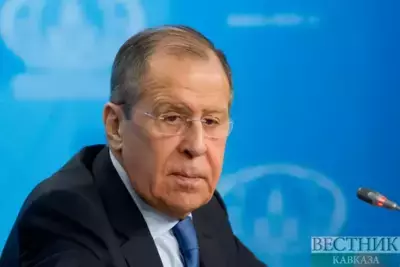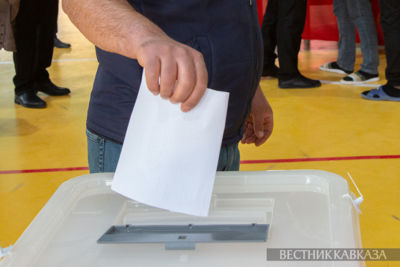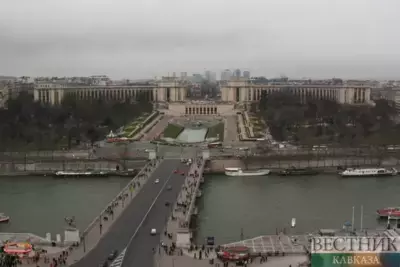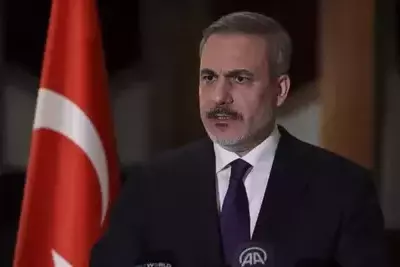“All foreign fighters need to leave Syria. Hezbollah needs to return to Lebanon.” So proclaimed the Turkish foreign minister, Mevlut Cavusoglu, on 29 December. This is quite some cheek given that Turkey sent troops into Syria many times and for over five years, employed a semi-open border policy to foreign fighters, even those heading into the arms of ISIS and al-Qaeda.The Hezbollah response was predictably icy. “We are not present in Syria at the request of Turkey, Saudi Arabia or the United States, we are there as part of our cooperation with the Syrian state.”
Contained within this more than fanciful Turkish ambition might lie the core of the behind-the-scenes struggle over Syria for 2017 and beyond. Having seen the US and Europe sidelined, many powers would love the same for Iran. Iran has embedded itself inside Syria with its support for the regime but more tellingly for a hodgepodge of militias. For most actors inside Syria now, Iran cannot be allowed to dominate the scene as it may desire. This includes Russia, Turkey, and other Gulf actors, and arguably elements of the Syrian regime as well as other actors such as the US, Israel and the EU. Iran is exposed by its lack of genuine allies. Russia portrays itself as the powerbroker in Syria now but such hubris is short-sighted. It has managed to rub along with the Iranians so far but it is not an easy relationship afflicted by mutual distrust and united largely by an antipathy to the United States.
Iran bristles at the burgeoning Russia-Turkish alliance suspicious of being squeezed out of its winnings in Syria. For Russia, diminishing Iranian influence in Syria could appease major Arab powers. Crucially Russia prefers unity and Iran veers toward fragmentation of Syria. Russia craves a strong central authoritarian state. This does not accord with Iranian ambitions of creating non-state actors that are influenced by Iran and less desirous of a powerful Syrian state that might be able to stand up to it.
For sure President Erdogan is not about to have a love-in with the Syrian regime, but gone is the entrenched support for the Syrian armed opposition who feel betrayed as their former patron falls into the Moscow camp. Turkey’s demands have shifted from regime change to thwarting Kurdish ambitions and ousting ISIS as well as a security belt in northern Syria.

Ultimately Bashar al-Assad has made it clear that the regime will want full restoration of control overall of Syria. For the time being, however, the Syrian regime has a manpower crisis not least in the army so can hardly afford the loss of foreign militias. But can Assad continue to play his patrons off against each other or does he have to choose one? Which would be his choice? Russia may be less of an intrusive partner but is too big to ignore its demands. Iran is less powerful but far more invasive in terms of its ambitions to control ley elements of the Syrian state and territory, and too much blood and treasure have been expended in considerable quantities since Iran first acknowledged a fatality in Syria in January 2012. If the regime flounders, Iranian influence is designed to continue by other means.
For the last few years Syrians have waited in vain for Russia and the US to work together and to impose a political solution to end the crisis. Now their patience will be tested further as Russia, Turkey and Iran jostle to gain the upper hand as the dominant external regional player. A Russia-Iran-Turkey axis is still a possibility and may be sought after by many within their respective governments. Yet the underlying deep-seated tensions may well see the “victors” in the regional Syrian power play unable to divide up the spoils. As the United States, Europe and the Gulf are side-lined for the foreseeable future (though their funding for reconstruction and development will be required), do not be surprised by anything in Syria not least an ever worsening spat between the sponsors of the new Syrian political arrangement. Yet Iran, Hezbollah and other Shiite militias will be near impossible to dislodge from Syria in the near future. Russia will still have its hands full to mastermind any form of successful exit from the country it now co-owns.
















